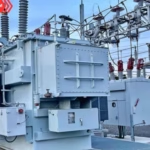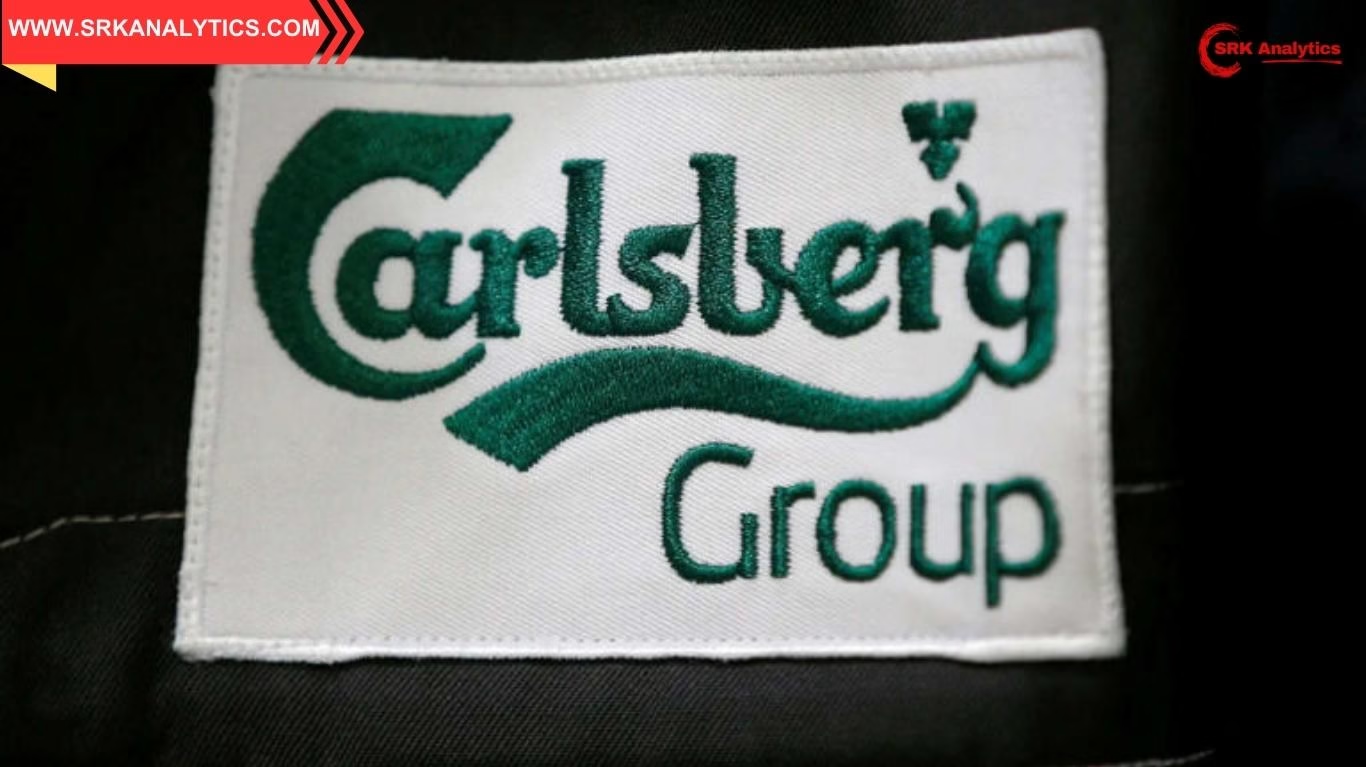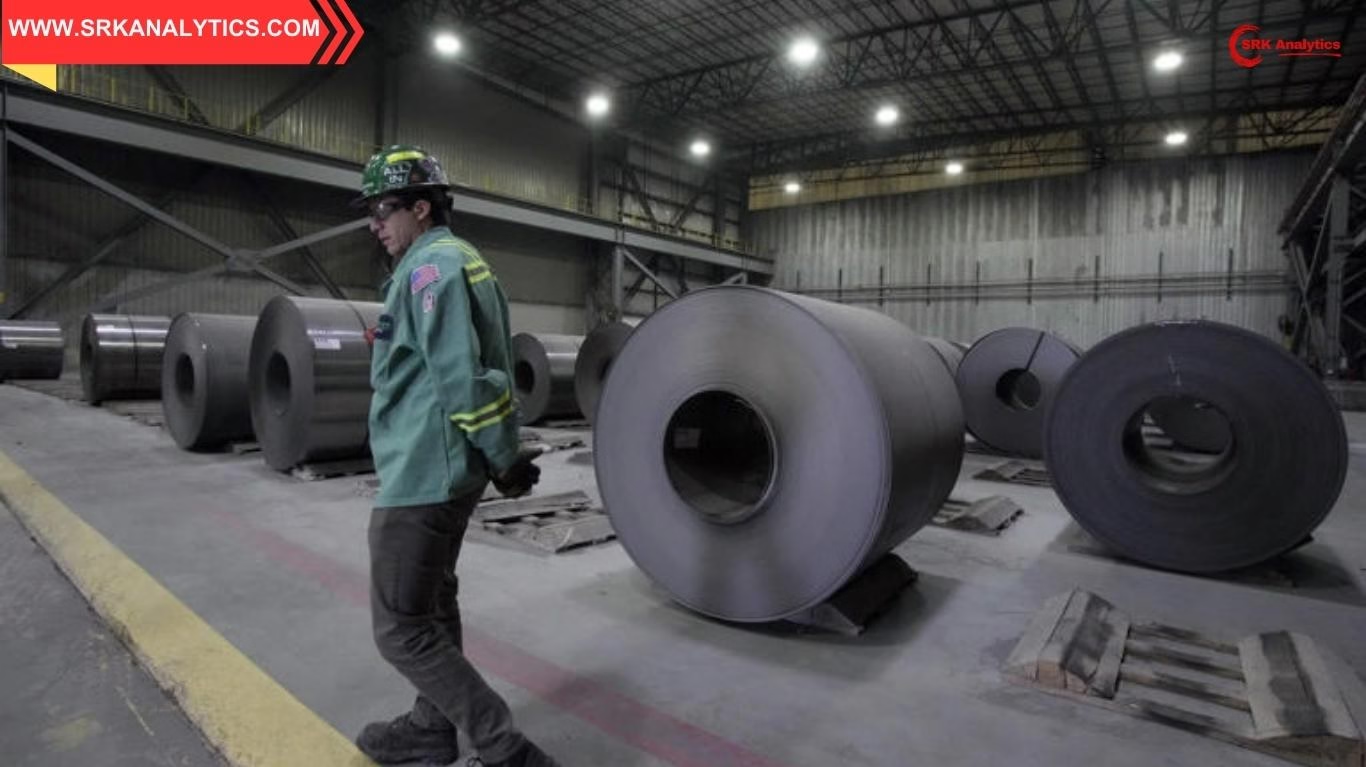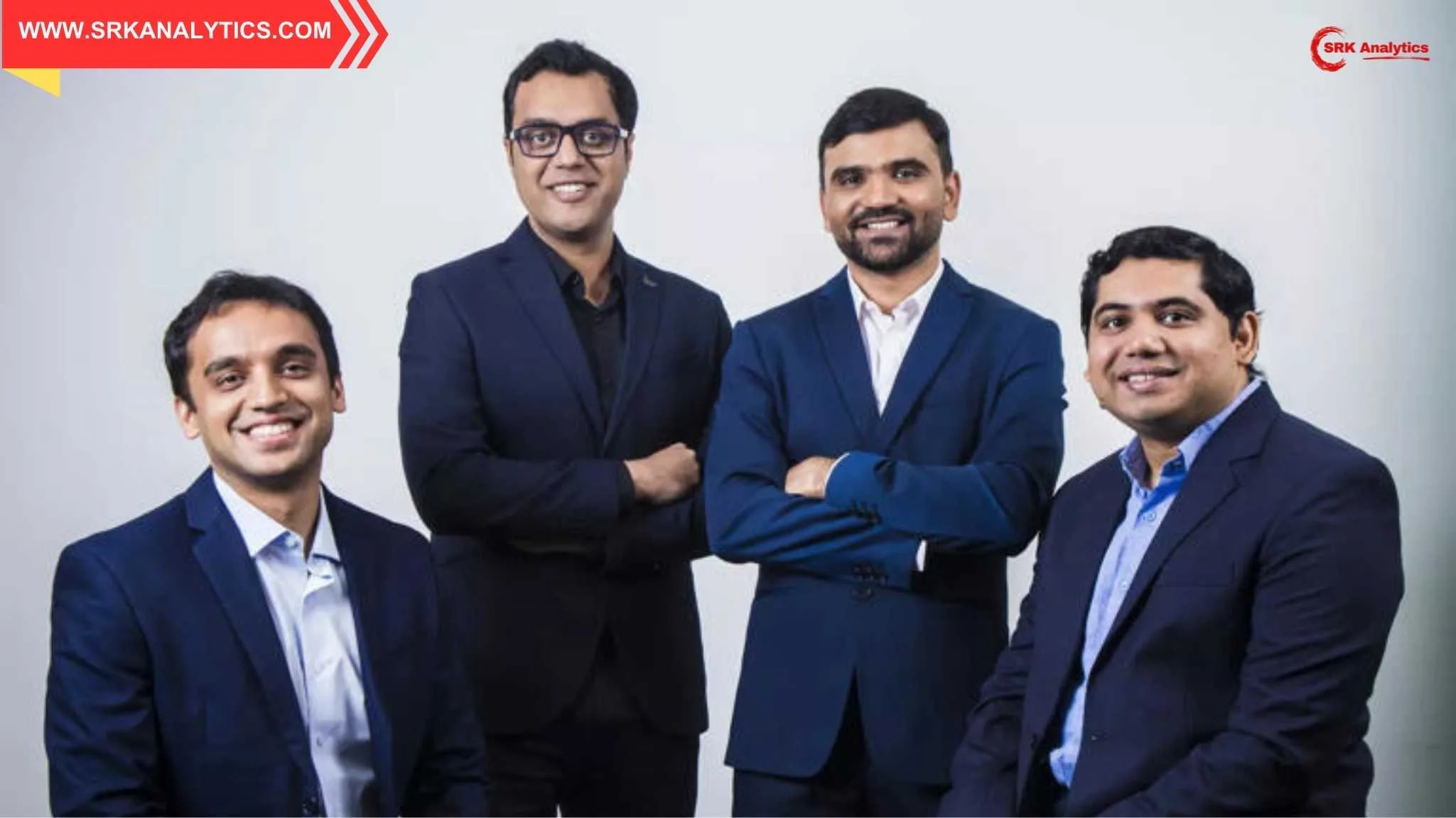In a major development indicating strong founder confidence and strategic financial restructuring, Lenskart co-founder and CEO Peyush Bansal is reportedly set to acquire company shares at a valuation of around $1 billion. This is a steep discount compared to the eyewear unicorn’s targeted valuation of $10 billion for its upcoming initial public offering (IPO), according to market sources familiar with the transaction.
The Transaction Details
Bansal is expected to purchase secondary shares worth approximately $25-30 million from early employees and angel investors. The move aims to provide partial exits to long-standing shareholders while consolidating founder ownership before the IPO, which is planned for late 2025 or early 2026.
Why Is Bansal Buying At $1 Billion Valuation?
- Employee & Angel Exit: Early employees and angels who invested when Lenskart was valued under $50 million are seeing significant returns even at a $1 billion valuation, creating win-win liquidity.
- Founder Confidence: Bansal’s personal investment signals his belief in Lenskart’s growth, profitability, and IPO prospects despite macroeconomic headwinds.
- Valuation Reset Strategy: Industry experts view this as a smart move to recalibrate internal shareholding ahead of listing while preserving value for larger PE investors during IPO pricing.
Lenskart’s Valuation Journey
| Year | Event | Valuation (approx.) |
|---|---|---|
| 2013 | Series A Funding | $30 million |
| 2016 | Ratan Tata invests | $120 million |
| 2019 | SoftBank Vision Fund invests | $1.5 billion |
| 2021 | Temasek, Falcon Edge infuse funds | $2.5 billion |
| 2023 | Abu Dhabi Investment Authority invests | $4.5 billion |
| 2024 | Targeted IPO Valuation | $10 billion |
| 2025 | Peyush Bansal buying shares at | $1 billion |
The stark contrast between the buyback valuation and IPO target is driven by the nature of internal transactions focused on incentivising early stakeholders without impacting external investor valuations.
Market Reactions
Investors and startup ecosystem analysts have reacted positively:
- “Founder buybacks instil confidence before IPOs.”
- “Peyush Bansal’s move is strategic; employees gain liquidity, and his stake increases before listing.”
- “Reflects broader valuation rationalisation trend in Indian unicorn ecosystem.”
Why Is The Valuation Discount So High?
| Reason | Explanation |
|---|---|
| Employee Exit Pricing Norms | Secondary buybacks for employees are typically at discounted internal valuations to reward them while protecting investor equity value. |
| Market Correction Reality | Global startup valuations have corrected 30-60% since late 2022; internal deals reflect fair market recalibration. |
| IPO Narrative Management | Maintaining a low buyback valuation enhances founder ownership percentage without inflating IPO benchmarks prematurely. |
Lenskart’s Business Model
Founded in 2010, Lenskart has revolutionised India’s eyewear market by combining online, offline, and home services. Its innovative models include:
- Online Platform: Largest eyewear e-commerce player in India.
- Retail Stores: Over 2,500 franchise and owned outlets across India, Southeast Asia, and the Middle East.
- Omnichannel Integration: Virtual try-on and home eye checkup services.
- Manufacturing & Supply Chain: Owns manufacturing facilities in India and has acquired stakes in global brands for design and technology integration.
Lenskart’s Financial Snapshot
| Metric | FY23 | FY24E | FY25 Target |
|---|---|---|---|
| Revenue (₹ crore) | 1,580 | 2,300 | 3,000 |
| EBITDA Margin (%) | 5.8 | 9.2 | 12.5 |
| Net Profit (₹ crore) | 28 | 142 | 260 |
| Store Count | 1,350 | 2,500 | 3,200 |
The company turned profitable in FY23 and is on track to expand EBITDA margins through operational efficiency and global market penetration.
Recent Strategic Developments
| Month | Development | Impact |
|---|---|---|
| May 2025 | Launched AI-driven eye power detection on app | Improved virtual conversion rates by 15% |
| April 2025 | Expanded in Vietnam and Saudi Arabia with flagship stores | Strengthened ASEAN & MENA footprint |
| March 2025 | Partnered with EssilorLuxottica for premium lens manufacturing | Enhanced product mix margin profile |
IPO Plans
Lenskart is targeting a $10 billion valuation for its IPO, making it one of the largest public listings in Indian retail-tech history. The IPO proceeds will be used to:
- Expand Southeast Asia and Middle East presence.
- Invest in lens manufacturing automation.
- Repay small debt facilities and fund acquisitions.
Analysts’ View
| Brokerage | View | Comment |
|---|---|---|
| JM Financial | Positive | “Founders buying employee shares pre-IPO ensures stakeholder alignment.” |
| Kotak Institutional Equities | Neutral | “Valuation reset inevitable but IPO prospects remain strong given profitability trajectory.” |
| HSBC Global Research | Positive | “Lenskart’s omnichannel leadership in a highly fragmented eyewear market is difficult to replicate.” |
Competitive Landscape
| Company | Business Model | Market Share (%) |
|---|---|---|
| Lenskart | Omnichannel + Own manufacturing | 36 |
| Titan Eye+ | Retail + Lenskart competitor | 27 |
| GKB Opticals | Regional premium retail chain | 12 |
| Vision Express | Franchise & JV model | 9 |
| Others | Independent optical stores | 16 |
Despite rising competition, Lenskart’s tech-driven customer experience and product depth maintain its leadership.
Founder Statement
Peyush Bansal has consistently reiterated his focus on long-term value creation:
“Eyewear is a massive untapped market. We want to be the leading global brand from India with world-class technology, design, and accessibility.”
The Broader Startup Valuation Trend
Global valuation corrections have impacted several Indian unicorns, with recent down rounds in Byju’s, PharmEasy, and Udaan highlighting market realism over hype. However, strategic founder-led buybacks such as this instil confidence and prepare companies for disciplined public market entry.
Social Media Buzz
- “Peyush Bansal buying back shares shows commitment. IPO will be interesting.”
- “$1 billion internal valuation vs $10 billion IPO target. Smart financial engineering.”
- “Hope Lenskart maintains profitability. Unicorns need sustainable business, not just vanity valuations.”
Conclusion
Peyush Bansal’s move to acquire Lenskart shares at a $1 billion valuation reaffirms his confidence in the company’s long-term growth while offering liquidity to employees and early investors. As Lenskart prepares for its $10 billion IPO, this strategic buyback strengthens founder control, aligns stakeholder interests, and sets the stage for one of India’s biggest retail-tech public listings.
Disclaimer
This news article is prepared for general information and business news purposes based on market insights, investor discussions, and company disclosures. Readers are advised to consult certified financial advisors before making any investment or trading decisions related to Lenskart or its potential public offering.











